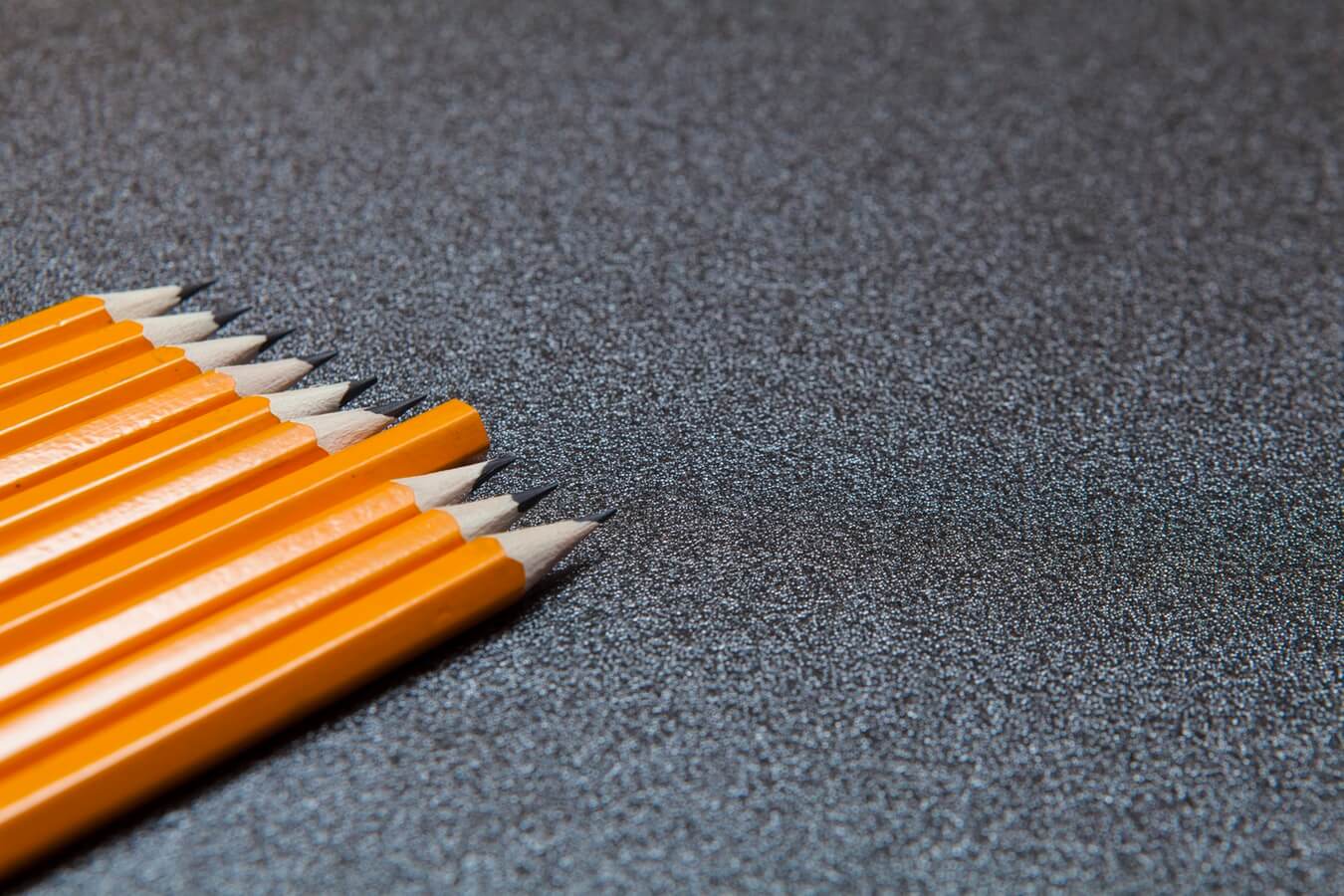1. Establish routines
Start each day at the same time, even if it is later than the typical school day would start. Create a relaxed morning environment. Complete with breakfast. Set expectations for how the day will be spent, whether it is relaxation or study. Of course, things will come up. However, normal bedtime routines are the most important. Every system in our body is affected by our sleep. Keep the room dark, unstimulating, and slightly cold.
2. Food to Fuel the Brain
Fish, berries, nuts and whole grains.
3. Prioritize
Prepare students mentally to begin with their largest task first. Keep focused on one task at a time. This will reduce anxiety setting in as the day progresses.
4. Stay Present
It is easy for our minds to wander, especially as we stay at home. Remember to inhale and exhale! Consider different grounding techniques throughout the day. For example, name the following: 5 things you can see, 4 things you can hear, 3 things you can feel, 2 things you can smell, 1 thing you can taste.
5. Movement
Incorporate movement throughout the day. In traditional education, students are walking from class to class and participating in physical education. Perhaps, when you are transitioning into a new activity, you can stretch for a few minutes. Exercise reduces stress hormones and releases endorphins.
6. Find ways to disconnect
With online modules, television, facetime we are finding ways to adjust and maintain our social lives. However, it is important to find times where we are not preoccupied by the screen. Game nights would be a great way to have fun and support executive functioning!
7. Don’t Forget about Breaks
Make sure your written routine is realistic. Students should not plan to study in front of their computers for 7+ hours straight. Set a timer and take breaks.
8. Stay Active
Social distancing doesn’t mean you have to stay inside all day! Go for a run, play fetch with your dog in the backyard, or try an at-home workout.
9. Create Work Spaces
For parents and students alike, it may be challenging to get work done in the often relaxing home environment. To combat this, dedicate a space in your home for work and nothing else.
10. Dress for Success
Many studies have shown that the way we dress affects the way we perceive our mission for that day. For example, dressing in athletic clothing makes it easier to work out. Likewise, the attire students wear while completing schoolwork at home should reflect the clothing that they usually wear at work.
11. Be Intentional
This school hiatus has given most of us more free time than usual. Be intentional during this period. For students, this means reviewing/previewing material for difficult subjects, learning new and exciting skills, or preparing for college applications and standardized tests.





